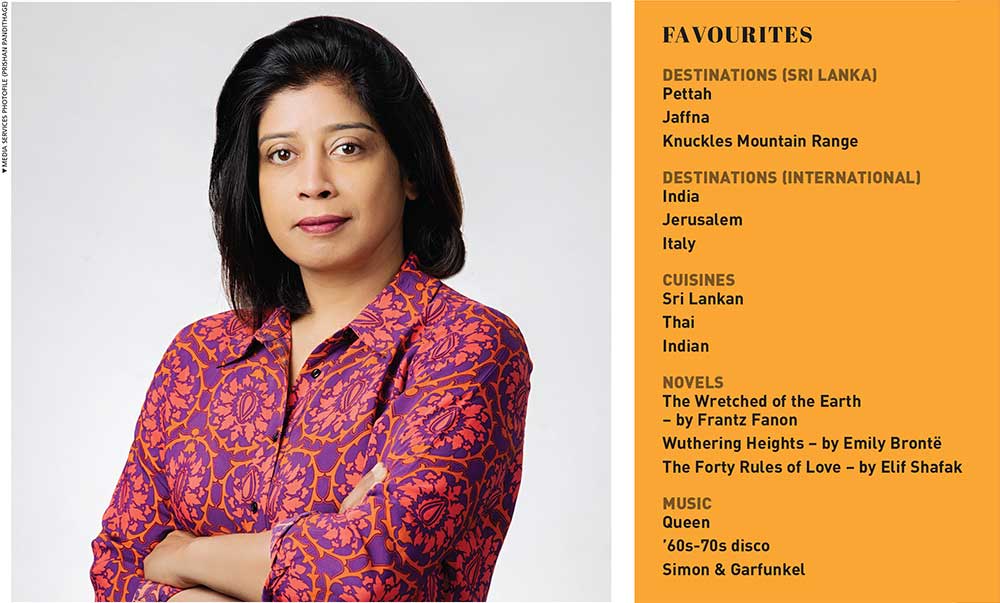CONNECT OXFORD
Dr. Farah Mihlar
Justice for marginalised communities and women in post-conflict settings
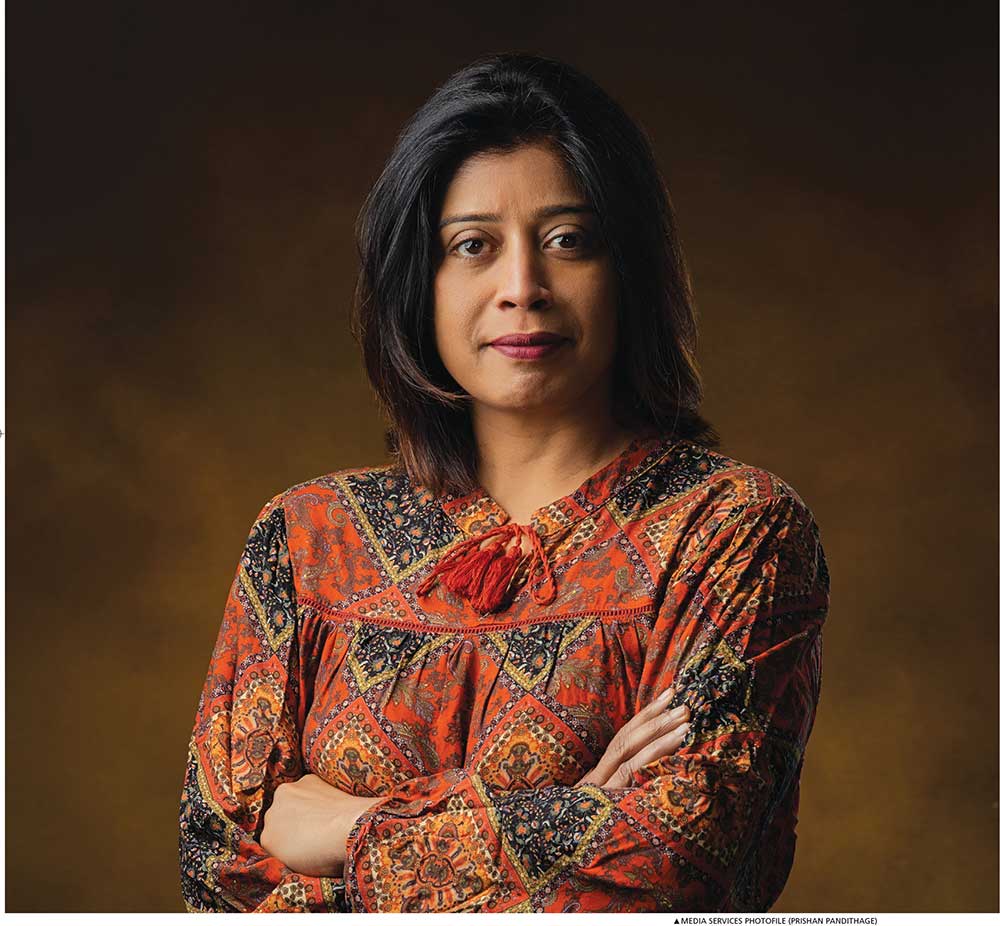
Sri Lanka is an incredibly beautiful but troubled island
She is a British-Sri Lankan academic and activist. She researches and teaches human rights and conflict, and works with a number of community level activists to fight for change. She is Dr. Farah Mihlar.
Her area of interest is focussed on minority rights in the context of conflict and at the international level. She aims to drive progress in the field of human rights and looks to research ‘decoloniality’ to shed light on the lasting impacts of colonialism.
What’s more, Mihlar’s routine extends to volunteering in her local area once a week to prepare puddings from surplus food, which is served at the community centre and distributed to shelters.
Mihlar says she loves discovering new places, appreciates art and enjoys theatre – and prefers lazing around but reluctantly runs, cycles and swims, to stay fit and justify her passion for cooking and eating.
In this exclusive interview with LMD International, Mihlar discusses how women and minorities suffer in conflict settings, and stresses the importance of post-conflict justice especially in relation to minority communities.
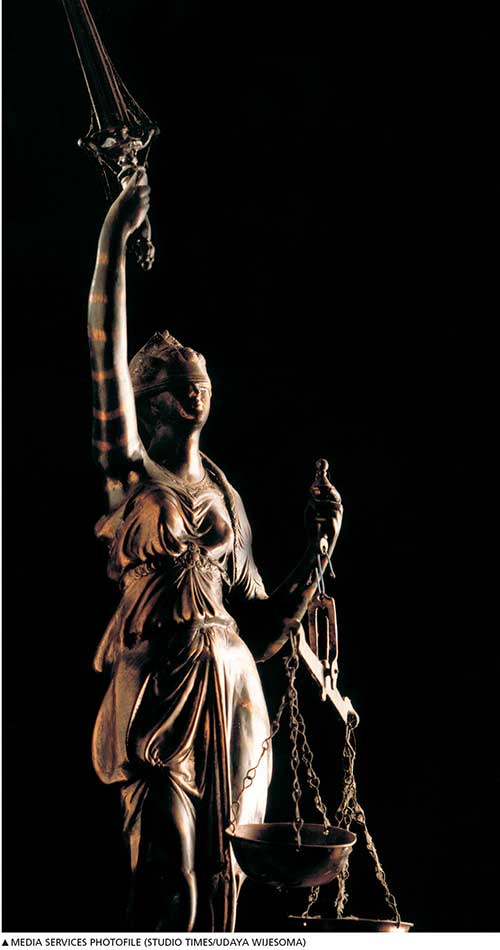
Q: Could you share a few anecdotes about your connection with Sri Lanka – and how it has influenced your life?
A: I left Sri Lanka after university; and even after that, I continued to work in the country, which enabled me to spend long periods of time there. So on some level, I don’t feel that I ever fully left.
My dad was quite politically obsessed – we grew up with all the main newspapers in our house and lots of magazines.
We lived centrally in Colombo and whenever there was political violence or a bomb attack, my dad would take us to see what happened; he exposed us to it all rather than protecting us from it. I think this integrally influenced my career in journalism and human rights research.
I was also very close to my paternal grandmother – she was a feisty, strong woman who openly called out any unfairness. This inspired me.
She had strong academic ambitions for her four granddaughters, and urged us to dream big and not be confined to traditional roles for women.
My mum didn’t necessarily have the same ambitions for us but pushed us to achieve. She was also very charitable and encouraged empathy for people in difficult situations.
Q: What sparked your interest in studying and working on issues related to Sri Lanka?
A: I was always very affected by injustice and troubled by the immense avoidable suffering caused by conflict. Being a woman from a minority group, you encounter oppressive barriers inside and outside your community, which I had to constantly challenge.
I was keen to understand these problems: how religion and ethnicity drive conflict; how states violate the rights of people; how war survivors come to terms with the awful suffering they undergo; and what sort of justice they seek.
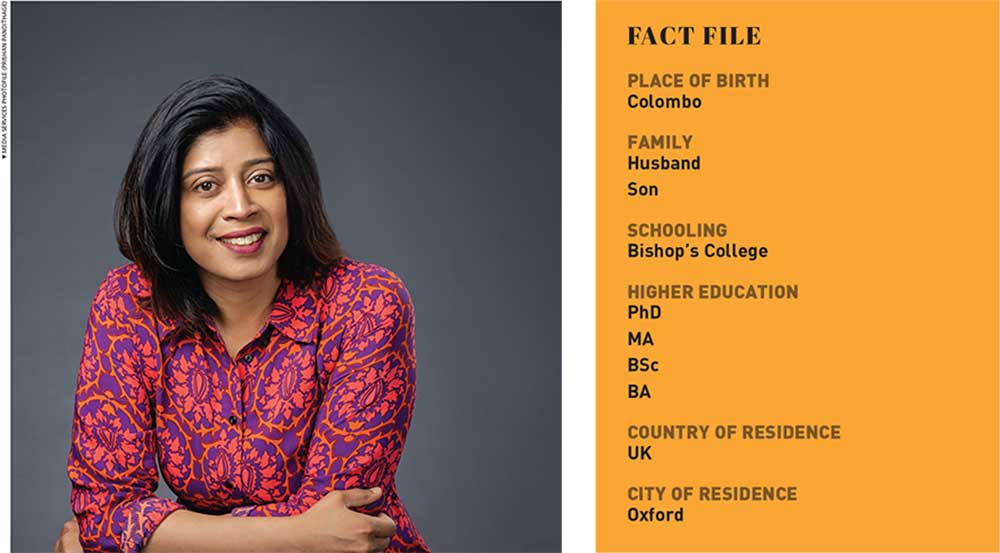
Transitional justice concerns ascertaining the truth, and gaining accountability and redress for serious crimes that happen during conflict and authoritarian periods
Q: How do you perceive the link between human rights and transitional justice especially in post-conflict settings?
A: Transitional justice concerns ascertaining the truth, and gaining accountability and redress for serious crimes that happen during conflict and authoritarian periods.
Even when a small crime takes place – e.g. a house is robbed or a car is scratched – we want to know who did it. We expect some implications for the person who did it; and we want to live in a society that does not enable and encourage this.
So in situations where these crimes happen on a large scale – be it in conflict or when dictators brutalise countries – people have the right to know what really happened, and get justice and redress.
Justice can be achieved in many ways from prosecuting those responsible for crimes to offering apologies, memorialisation or ritual processes of forgiveness. Whatever option is decided on, at the fundamental level, it is necessary to know what happened – i.e. for the truth to be revealed and acknowledgement of the crimes that took place.
Expecting people to forget what they suffered and move on is both unrealistic and unfair.
Q: Can you share a few insights from your experiences working on transitional justice projects – particularly those involving minority rights?
A: Ethnic, religious and linguistic minorities are affected in many complex ways during conflict.
Trying to raise issues from a minority perspective can complicate the processes of reconciliation, peace and justice. They may be seen as holding grudges or spoiling opportunities for the majority to move forward.
But it is important to do this because firstly, there are groups of people who have suffered violence due to their identity; and secondly, their targeting can offer a wider understanding of conflict, all of which have to be addressed to achieve a genuine and lasting peace.
Through examples from across the world, we see that trying to achieve peace without justice and the inclusion of all communities doesn’t really work in the long run, and this is something we in Sri Lanka need to come to terms with too.
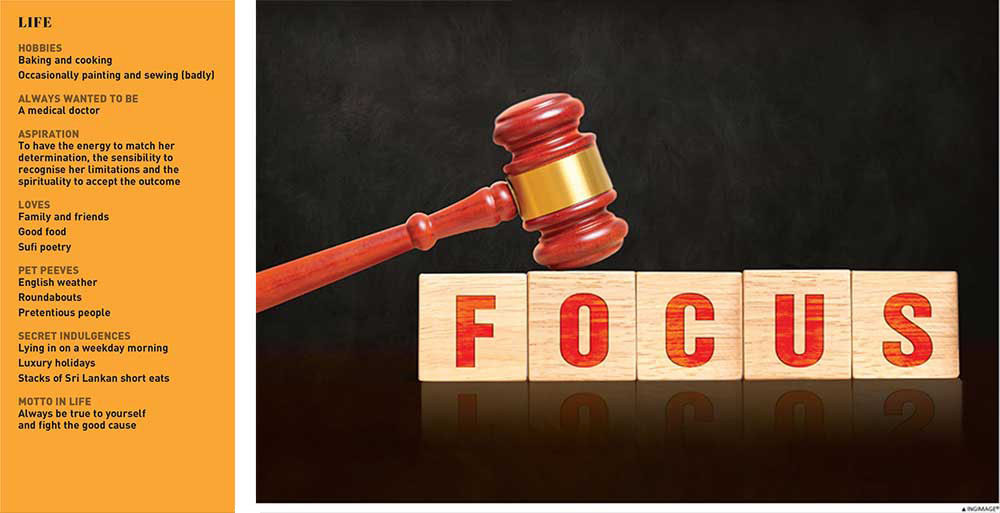
Academia and policies at the international level often focus on the big picture, and they miss a lot of the complications in the everyday context
Q: What motivated you to focus your research on post-conflict justice for minority groups in Sri Lanka – with a particular emphasis on women?
A: Academia and policies at the international level often focus on the big picture, and they miss a lot of the complications in the everyday context. They miss the voices of marginalised groups – especially women in these groups.
Having grown up in Sri Lanka and through my early work as a journalist, I had a grounding in these issues and the gaps at the international level were notable. Bridging this gap by drawing attention to the voices of minorities and women has been a major motivation for me.
Q: What specific recommendations would you have for policy makers and practitioners to address the needs of women affected by conflict?
A: Women suffer immensely in situations of conflict. They’re often forced to be the primary income earners and carers, as men have disappeared or been killed, arrested or disabled by war. Women are also affected by the trauma of seeing their loved ones killed or taken away from them.
For my research, I’ve interviewed hundreds of women from all ethnic and religious groups who have suffered immensely as a result of decades of war.
Tamil women are still waiting for the state to accept the role it played in innocent people being killed or having disappeared. They want to feel secure in their homes and neighbourhoods, and don’t see the military or police providing safety.
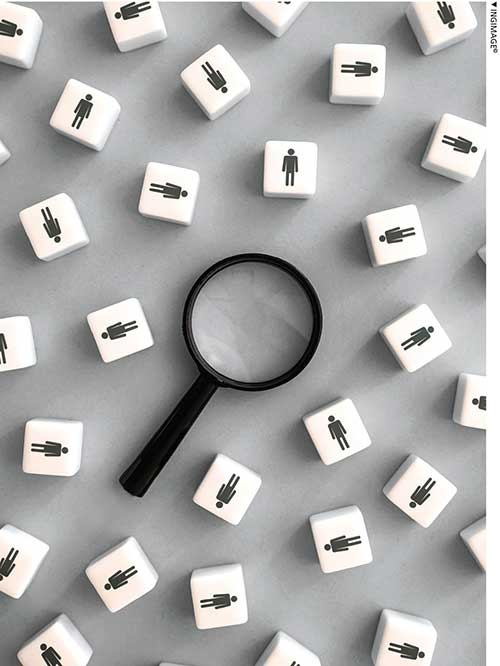
These women need more support to earn a living and provide for their children.
The Sinhalese war widows I’ve interviewed have serious economic hardships and restrictions to moving on. For example, they can lose their military pensions if they remarry.
Under the current laws, Muslim women can’t even sign for their own marriage; and they can be given in marriage at the age of 12. Imagine how many legal and advocacy documents I put my signature on and yet, if I married in Sri Lanka, I would not have been able to sign my marriage contract.
Women activists have been fighting for justice for decades so it’s not that there is a lack of awareness among politicians. They need to listen to women, who constitute at least half the population of the country. And as they dominate the workforce as migrant workers, and in the apparel and tea industries, they’re also among the largest contributors to Sri Lanka’s GDP.
Rather than bow down to extreme ethnic, religious and gender positions, politicians need to be courageous enough to genuinely investigate crimes, serve justice and change laws.
Q: Drawing from your experience in international advocacy, how effective have UN mechanisms been in promoting and safeguarding minority rights – especially in South Asia?
A: The Universal Declaration of Human Rights was agreed upon following World War II because of the atrocities committed against minorities; but minority rights have been shunned by the UN since.
International laws protecting minorities are extremely weak and we have no consensus on a treaty, while minorities are seen as a problem by most countries and a topic to be avoided.
South Asia is extremely religiously, ethnically and linguistically diverse. Two of the world’s greatest religions were born in this region, and many others were welcomed and they thrived.
In recent years however, nearly all South Asian states have been aligning themselves with extreme groups within the majority community – be it Hindus in India; Muslims in Pakistan and Bangladesh; and Buddhists in Sri Lanka.
Consequently, minorities in all of these countries are in difficult positions; and unfortunately, have very little regional or international protection.
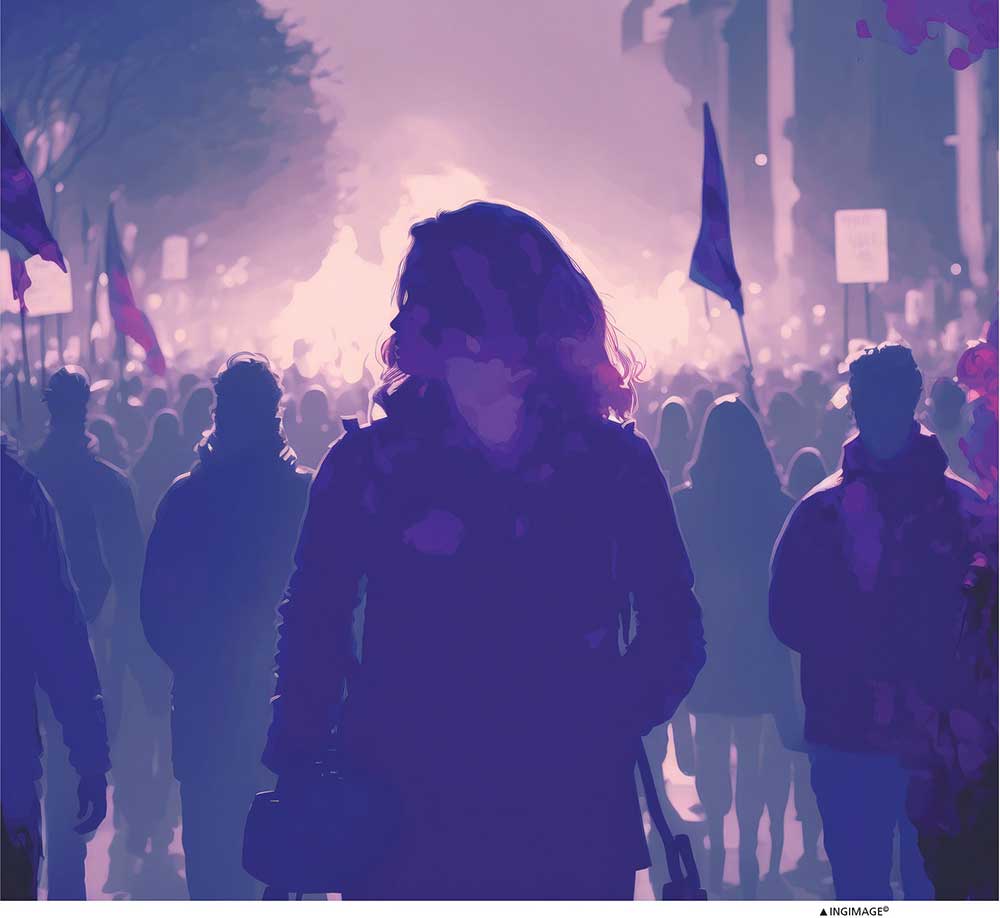
Women activists have been fighting for justice for decades so it’s not that there is a lack of awareness among politicians
Q: What changes do you anticipate in future work in the realm of human rights?
A: Working in and teaching human rights is becoming increasingly difficult. The blatant double standards in the position of the US and UK in the war on Gaza has seriously compromised the credibility of the international human rights system.
China and Russia also have tainted reputations, but the US and UK – in spite of their colonial pasts, and invasions of Iraq and Afghanistan – portrayed themselves as champions of human rights. Their complicity in international crimes has now reached a new level.
While upholding human rights laws and standards has never been more important, it is almost impossible to argue for their relevance and impact in this day and age. As teachers, researchers and activists, we desperately need transformative thinking and action.
Q: Are there any upcoming projects or areas of research that you’re particularly excited about?
A: I’m increasingly beginning to research, write and teach on ‘decoloniality,’ which argues that even though countries like Sri Lanka gained independence, we remain under the logic of colonialism in our minds and existence.
We see this at the international level where some countries, primarily based on race and capital, maintain a power hierarchy over others.
Furthermore, we see this in Sri Lanka in how our politicians use colonial systems and methods – they steal from the public, oppress them and make them believe they’re doing it for their benefit.
Our corporate sector – especially tourism – continues to rave about the benefits of colonialism, and our education system doesn’t enable us to think critically and fully liberate our minds. We have incredible activists and student leaders who have tried to do it, and then politicians behave exactly as the colonisers did and crush dissent.
I want to study this further and fight to change forms of dominance.
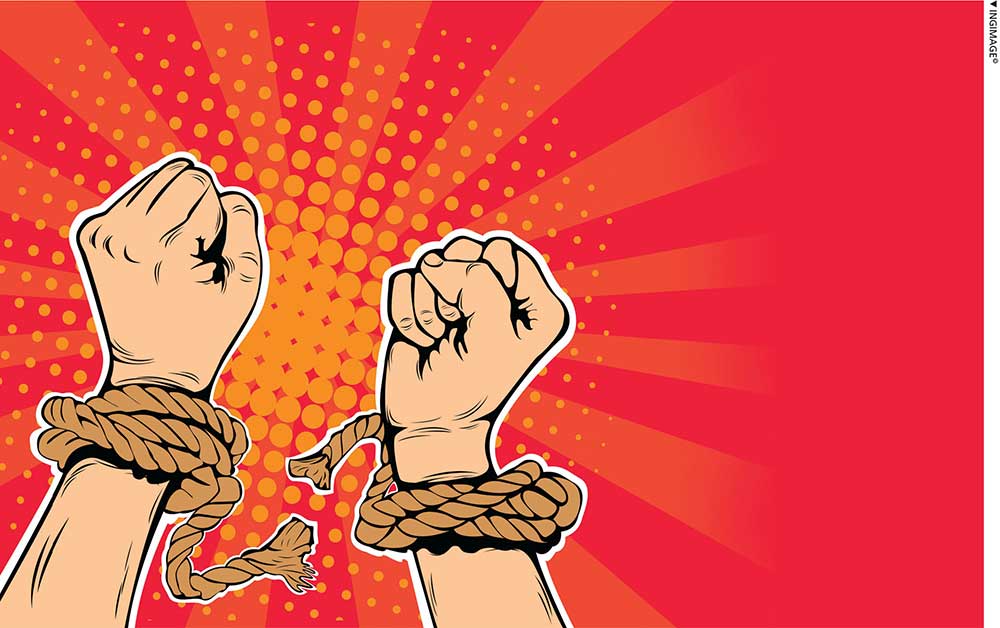
Human rights is a very difficult field because you’re constantly aware of suffering and all the work you put in can only bring about small changes
Q: What drives you to continue your efforts in the field of human rights?
A: I can’t claim to have achieved a lot but have had a range of interesting experiences from my early career as a journalist to my current vocation as an academic.
I’ve been immensely inspired by the many women activists I have met through the course of my work in different countries in Asia, Africa and the Middle East, who in very difficult circumstances put their lives at risk to fight for change.
Human rights is a very difficult field because you’re constantly aware of suffering and all the work you put in can only bring about small changes. Working in the humanitarian or development fields, you can save lives, and build schools and houses, but the kind of system changes we fight for in human rights takes a lifetime.
So I have a long way to go but I’m committed to fighting every step of the way.
Q: And finally, how would you describe Sri Lanka to foreigners who know very little about our island?
A: Sri Lanka is an incredibly beautiful but troubled island.
When you travel through the country, you’ll see breathtaking landscapes from awesome sunsets over the Indian Ocean to commanding mountains covered by thick greenery, all within a matter of hours.
There is life everywhere: in the vibrant tropical colours, the chaos on the streets, the wilderness, the warm smiling faces. Yet, the country has seen exaggerated deaths because of nearly three decades of war, and there is poverty, injustice and suffering that may not be visible on the popular tourist trails.
We may not want to be open about this aspect of Sri Lanka but if you want to know the country in its true form, you have to discover the blemishes that make up what is unique, challenging and still beautiful about Sri Lanka.
Working in the humanitarian or development fields, you can save lives, and build schools and houses, but the kind of system changes we fight for in human rights takes a lifetime
